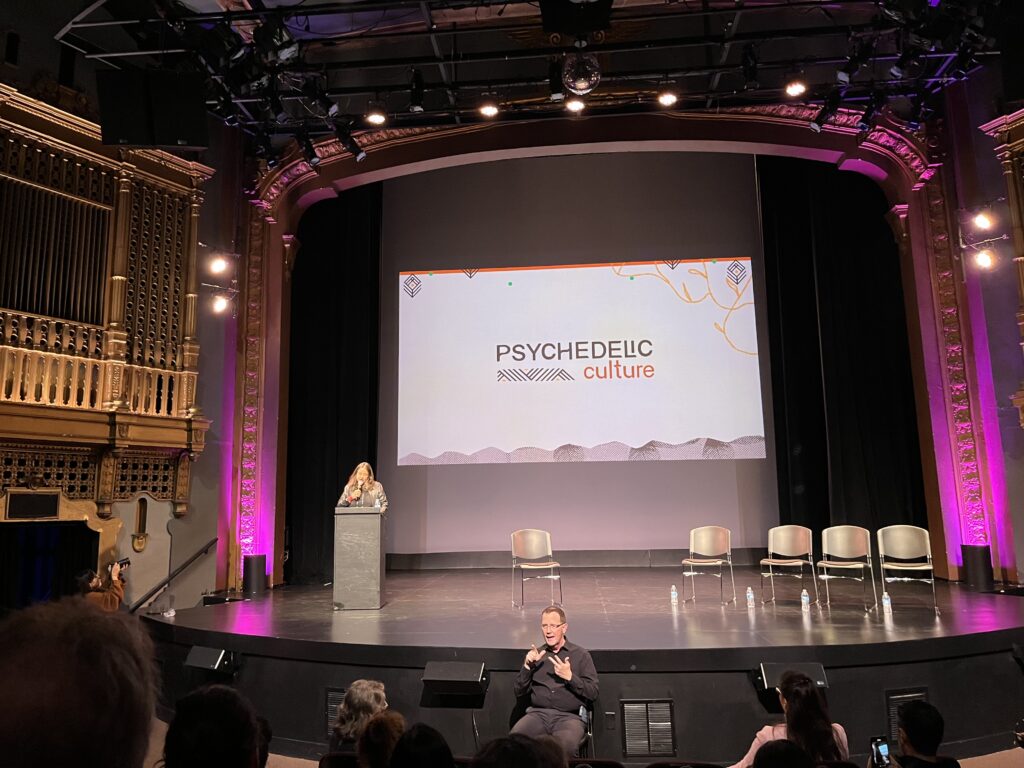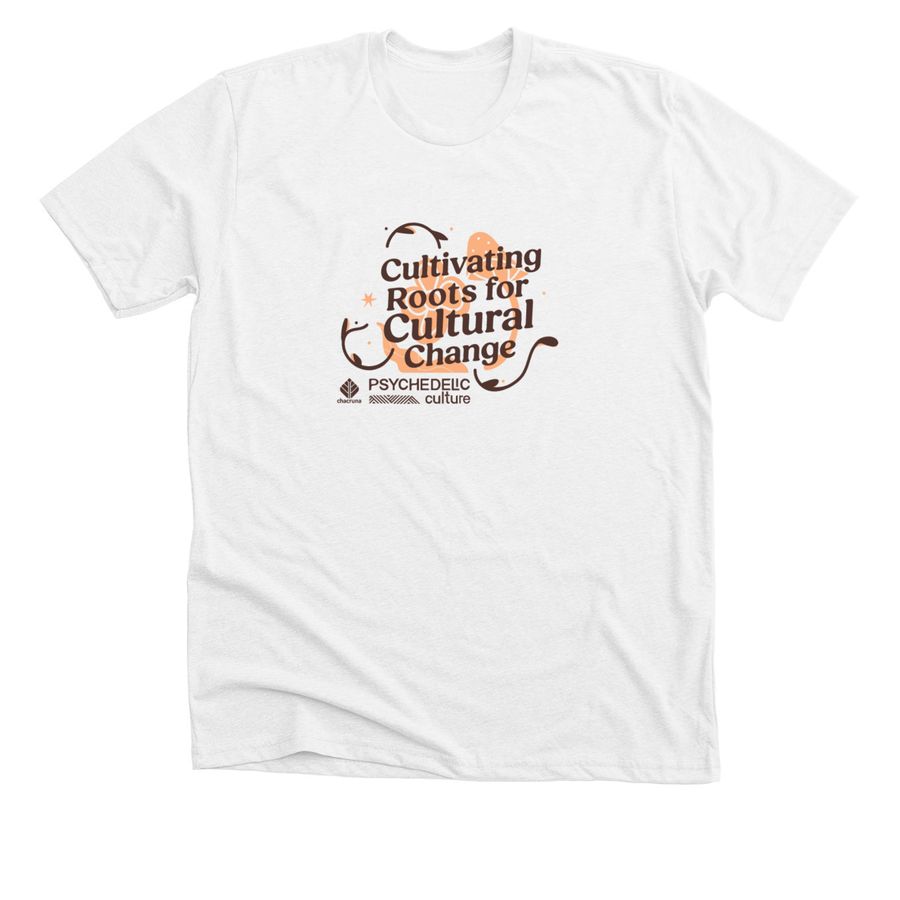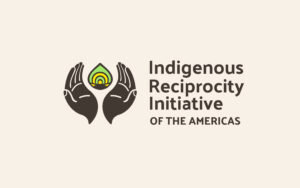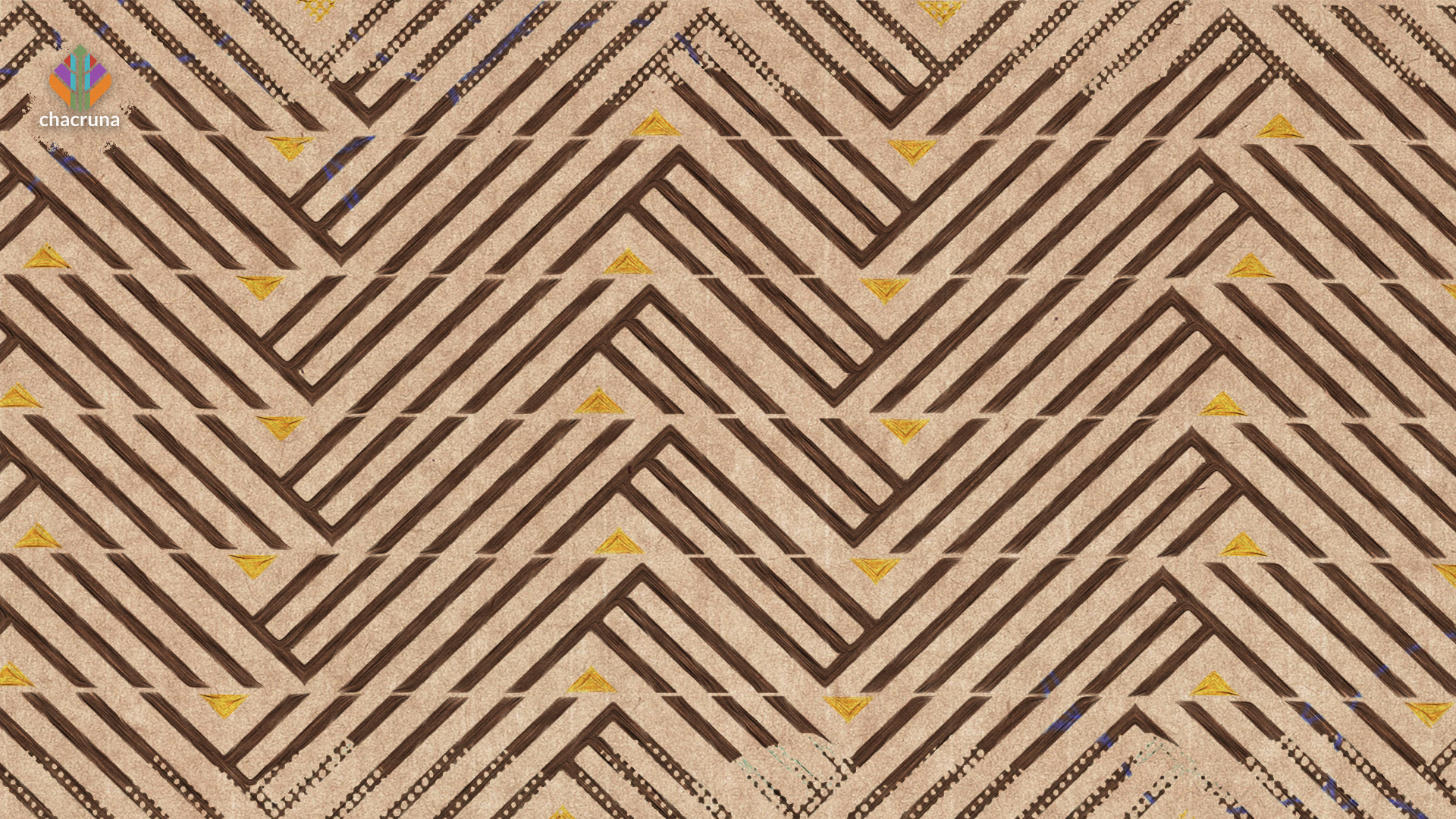- Music and Body in the Brazilian Santo Daime Tradition - May 8, 2024
- Psychedelic Culture and the Future of the Psychedelic Movement - April 27, 2024
- Eight Frequently Asked Questions About Ayahuasca Globalization - February 13, 2024
Opening remarks for Psychedelic Culture 2024 delivered by Bia Labate on April 27, 2024.
Welcome everyone to Psychedelic Culture 2024!
34 years ago, I was backpacking in Mexico. There, for the first time, I tried mushrooms, peyote, and LSD; and, a few years later, I had ayahuasca in Brazil. It’s been a long journey to be standing here now. And what an honor it is to be here with you all today!
Since I am a Brazilian anthropologist, a lover of culture, and a lover of psychedelics it seems like a great fit for me to open a conference about “psychedelic culture,” doesn’t it?
We anthropologists do not take the term “culture” lightly. We start by understanding that we are all cultural beings. We humans do not exist outside of culture. Neither do psychedelics. We say all this, and we say that we care deeply about culture. But you might be wondering: What do we mean by “culture”? There are many definitions of culture, and there are many cultures in dispute all the time; one can say that our own “psychedelic culture” is not uniform, and there are conflicting views of what this culture is or should be.
Also, there are other disputes, such as: What kind of future and direction do we want our psychedelic movement to take? We are here to discuss all of this. We are here to build this together. We are here to disagree with each other. We are here to share, to co-create, to have fun and to bond. I invite you to be part of our conversation. I invite you to be part of our dream of creating a psychedelic culture and a psychedelic future that is aligned with our values.

Let’s not forget that many violations of rights stem from discrimination, propagating social stigmas, and exclusion on the grounds of race, color, descent, national or ethnic origin, gender, religion, or disabilities. According to the United Nations, one in six people worldwide has experienced discrimination in some form.
Discrimination often intersects with other forms of inequality, such as socioeconomic status, geographical location, and migration status, leading to an overlap of multiple forms of social injustice. For example, white women from the Global North do not experience the same systematic forms of oppression as Indigenous women from the Global South.

Check out our new “Cultivating Roots for Cultural Change” T-Shirt!
The use of psychoactive substances in general, including the use of psychedelics in particular, has also been the cause of social exclusion, oppression, stigmatization, and criminalization. The idea that the “global psychedelic community,” which encompasses Indigenous peoples, religious groups, vegetalistas, shamans, facilitators, psychonauts, scientists, and many more, are also subjects with rights is, sadly, far from a reality. Stigmatization, pathologizing, and criminalization have worked hand-in-hand to jeopardize minority rights, persecute traditional populations, and, of course, exploit their homelands and resources. It has also led to the mass incarceration of people of color, reproducing social injustices that have been at play for centuries.
We are witnessing a historic breakthrough in the advancement of research, policymaking, and regulation. Since Colorado and Washington became the first states to pass legislation legalizing cannabis in 2012, there are today 24 states that have legalized its recreational use. In 2020, Oregon became the first state to create a regulated-access model for psilocybin, and last year, Colorado decriminalized psilocybin and is creating a legal framework for the therapeutic use of psychedelics. Alongside decriminalization in many states, psychedelics, including MDMA, psilocybin, and LSD are moving towards becoming FDA-approved medicines. All of this means that there will be major shifts in our society as many more people start using these medicines, going to ceremonies, and attending different settings where they are used.
Whereas there is increasing medical, therapeutic, social, and cultural acceptance of psychedelics, bringing them progressively into the mainstream media and academia, we also face many risks and endure constant backlash.
I ask you here today: What kind of psychedelic future and psychedelic culture do we want to foster?
I ask you here today: What kind of psychedelic future and psychedelic culture do we want to foster?
We need, more than ever, to promote equity, justice, and reciprocity. The psychedelic renaissance is on the verge of becoming mainstream, and our voices are needed now more than ever! We do not want the so-called psychedelic renaissance to become a medicalized version only, or an elite movement for the few, or a so-called “industry” (sorry but I hate this term!) filled with fake experts, opportunists, charlatans, cult leaders, potential abuse, and shameless commodification.
We need to embrace the true values, leaders, and stewards of this movement. Chacruna and our extended network of allies are related to the essence of the psychedelic field, and we are here with the hope of making this movement accountable and ethical; to keep the psychedelic ethos alive and strong. To value and cherish first-hand experience, and not let those with deep pockets and zero personal experience tell us what to do.
Let’s remember, also, that this is not a local struggle. The Global North has a clear social debt to the rest of the world that needs to be addressed. While some countries have advanced in terms of the recognition of the use of psychedelics in their diversity, and in recognizing their social, religious, therapeutic, medical, and cultural values, the majority of countries from the Global South still face devastation from foreign prohibitionist policies and are still suffocated by the effects of the War on Drugs. However, the impact of the Global North goes beyond its policies and political influence; it is also behind the most devastating aspects of climate change. The United States alone is responsible for a quarter of historical global carbon emissions on the planet, the biggest carbon emitter of all time.
We are here to recognize that these are global causes, and as a global community, our goal is to embrace the diversity of the psychedelic culture. We are here to help write a story and narrative that recognizes the Indigenous roots of psychedelic practices and honors the voices of women, queer people, Indigenous peoples, people of color, and the Global South in the field of psychedelic science.
We are here to gently remind you that a great deal of knowledge about sacred plants comes from traditional Indigenous people, who continue to be marginalized and excluded and who also continue to teach ancestral knowledge to new generations. This kind of knowledge is from the past and the present and will inform the future. We need to stand in solidarity with Indigenous people, support their political struggles, and be good allies.
Wear the Movement. Explore our Collection of T-Shirts.
In this ever-changing landscape, we see the rise of investors, startups, and fever around the idea of mainstreaming and trying to “scale” things as quickly as possible – whatever that means or costs. So, it’s no surprise to witness a disproportionate amount of funding for medical research and corporate enterprises. In this scenario, Chacruna is one of the minority voices that privilege education, advocacy, community building, and risk reduction. Chacruna is a leading player in this community and let’s repeat over and over again: we need to steward critical conversations, and promote education and advocacy to ensure that justice, equity, and reciprocity are at the center of the psychedelic renaissance. That illusion of quick fixes combined with the scaling rhetoric without a clear commitment to the liberation of all will just be more of the same status quo.
One of the reasons we are here today, I believe, is to create bridges that offer hope and a potential path to a different future. Bridges between the Global South and North, between traditional knowledge and psychedelic science, between Indigenous leaders and shamans and scientists and scholars, and between the English-speaking and the non-English-speaking world. Our mission is to co-create a world where plant medicines and other psychedelics are studied, protected, honored, and valued as part of our cultural identity, and integrated into our social, legal, and healthcare systems in ways that are equitable and just.
Chacruna has also had a crucial role in illuminating controversial topics and the causes of marginalized groups. Chacruna was one of the first to address social justice and to start or help elevate serious and important conversations on topics such as sexual abuse, religious freedom, Indigenous reciprocity, psychedelic justice, queering psychedelics, women in psychedelics,White feminism, psychedelic capitalism and commodification, supporting sustainability and biocultural conservation, and the autonomy and right to self-determination of Indigenous communities.
In sum, we are here to honor and celebrate friendship and beautiful traditions but also to fight for change. For Psychedelic Culture, which we have nicknamed tenderly as PCU, we created this motto: “Cultivating roots for cultural change.”
Let us consider this word, “change.” Change doesn’t come out of nowhere; every effect has its cause. It requires a collective fight, an integrated community, and a group of people committed to raising awareness, to promote psychedelic justice and rights. This is why Chacruna is here. We see the struggles and challenges because we are also part of this transnational minority, our life stories and journeys are deeply intertwined with these plants, communities, and traditions.
Change doesn’t come out of nowhere; every effect has its cause. It requires a collective fight, an integrated community, and a group of people committed to raising awareness, to promote psychedelic justice and rights.
Let’s come back to the idea of culture. We are talking about cultural change. Culture is everywhere, sometimes invisible but entirely pervasive. A cultural prejudice against drugs, based on moral and religious dogmas, is the cement that keeps the drug war and prohibition alive. Chacruna has been historically committed to education and promoting cultural understanding, but we are only at the beginning.
And we are talking about “roots” because we need to honor our invisible ancestors and historical pioneers, as well as our beloved plant allies, who are our teachers. Going towards our roots to build a better future, quoting the Indigenous intellectual Ailton Krenak, “The future is ancestral.”
Psychedelic Culture 2024 is a tribute to the psychedelic movement. It attests to the maturing of Chacruna over the years. It has a remarkable lineup of 87 speakers that range from main experts in the psychedelic field to important Indigenous leaders, educators, researchers, facilitators, physicians, policymakers, activists, artists, parents of children, and more. It marks the development of our tradition of exploring cutting-edge themes that are largely absent from the mainstream psychedelic conversation. These are issues we will discuss in our collective journey in the next 2 days on 3 simultaneous tracks and are intimately related to our main initiatives on Indigenous Reciprocity & Decolonial Dialogues, Psychedelic Justice, Protection of Sacred Plants & Cultural Traditions, and voices from the Global South.
This conference is also the result of the realization that, beyond a psychedelic science, there is a living psychedelic culture. In addition to the wide range of panels and talks, we will promote live performances and creative expressions, including music, dance, and art circles; rapé (tobacco) ceremonies, and affinity meetup groups.
Psychedelic Culture embraces the recognition of embodied forms of knowledge and cultural modes of perception. Psychedelic culture is not only an idea, but it is a quality one finds engraved on bodies and depicted in ornaments and clothing.
Psychedelic Culture embraces the recognition of embodied forms of knowledge and cultural modes of perception. Psychedelic culture is not only an idea, but it is a quality one finds engraved on bodies and depicted in ornaments and clothing. It is displayed in chants, expressed by musical instruments, and blessed with fragrant perfumes. Honoring this living culture also involves taking seriously Indigenous notions, such as the idea that plants have spirits and agency and that they can heal and communicate. Without this recognition, this psychedelic renaissance will lead us astray, and can never blossom to its full potential.
Finally, I want to celebrate the presence of our Mexican and Brazilian friends and partners at the conference and acknowledge the challenges imposed by national borders. While Chacruna managed to help several people get visas for the conference, many others were still excluded. May the teachings and wisdom from our beloved Latin America continue to open hearts and minds in the United States.
I also want to thank my beloved wife and co-founder, my inspiration, Clancy Cavnar. I want to thank the Brava Theater, our team, our sponsors, speakers, our volunteers, board members, and everyone who has contributed to making this event a reality. This would not have been possible without your support. To conclude, I just want to say that this conference is the result of the love, hard work, and dedication of people who live and embrace psychedelic culture, and it is a testament to the promises and challenges that lie ahead of us.
I hope you enjoy this conference. Let’s do it!
Note: Psychedelic Culture 2024 press release.
Note: Explore the Psychedelic Culture 2024 program here.
Art by Mariom Luna.

Discover the Indigenous Reciprocity Initiative of the Americas
Take a minute to browse our stock:
Did you enjoy reading this article?
Please support Chacruna's work by donating to us. We are an independent organization and we offer free education and advocacy for psychedelic plant medicines. We are a team of dedicated volunteers!
Can you help Chacruna advance cultural understanding around these substances?

















